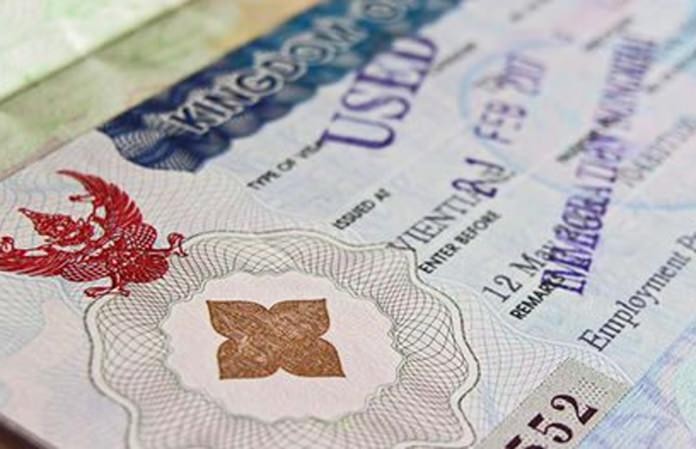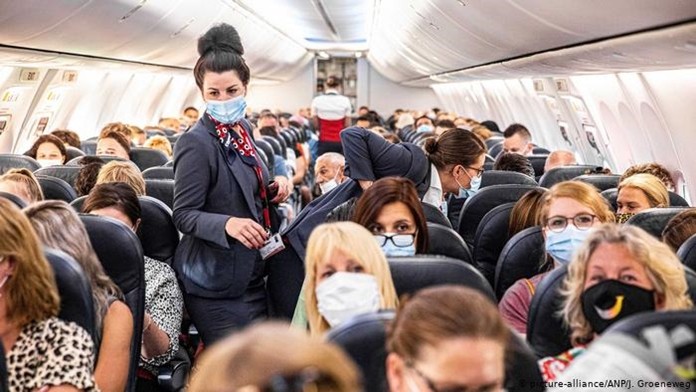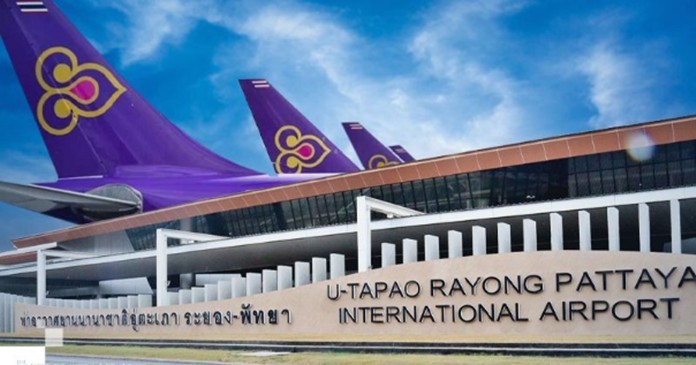
The Tourism of Thailand’s (TAT) recent recommendation to the Thai Cabinet to introduce a new tourist visa for up to nine months, without the necessity to leave the country, has attracted a good deal of intention overseas. But it isn’t clear yet whether a niche market has been significantly tapped or whether another red herring is hanging out to dry.
The TAT plan is to allow embassies overseas to issue a ninety day “special tourist visa” which can be extended twice more (90+90+90) to a maximum of 270 days or nine months. Now comes the blow. The applicants will need to have Covid-free certification, undergo 14 days quarantine at a certified hotel and have comprehensive medical insurance (presumably to a minimum of US$100,000). In other words, the same regulations as for business people and work permit holders who are already allowed to apply to their local Thai embassy for permission to fly.

Moreover, those wanting to join the tourist scheme will need to board charter flights in their home country which suggests a great deal of marketing and planning would need to be done quickly if the scheme is to fly before the end of the year. TAT governor YuthasakSupasorn said he expected 500,000 arrivals, mainly from Russia and western Europe, during the 2020-21 formerly “high” season.
The plan seems to owe much to the Snowbird Project which also targeted wealthy foreigners, no longer working, who want to spend the cold winter months in a warm climate by the beach. But it’s not as easy as it looks. A planeload of Liverpudlians or Muscovites, to give hypothetical examples, might all arrive joyfully together at U-Tapao airport, but they will certainly want to go home on many different dates. In reality, very few might want to stay the entire nine months. Charter flights don’t allow for individual travel choices. Sad but true.

TAT is hoping to entice well-to-do elderly tourists to help save the decimated foreign tourist industry. Many such potential visitors will be in their 70s and 80s who will not be able in many cases to obtain comprehensive medical insurance to the amount required.
Although retirees of any age can easily obtain Covid-19 and even accident insurance, they are very likely to be rejected by insurance companies for comprehensive cover once they are 76 or older, unless they happen to be long-term clients of a particular company. Actual pensioners and potential illnesses walk hand in hand and insurance companies are interested in profits.

Different arms of the Thai government in recent months have come up with several schemes to reopen Thai airports to general tourists whilst keeping the country safe from externally introduced coronavirus infections. They have included travel bubbles, green zones, twin-city air partnerships and snowbirds. None has been adopted by the government collectively. That’s no surprise.
The reality is that Thailand has three choices. It can wait for a distributable vaccine. It can wait for the disease to exhaust itself as respiratory viruses are prone to do sooner or later. Or it can lower its guard now to balance the health of the population against the needs of the economy. Only when that decision has been taken can the details of schemes to restore general tourism be seriously addressed. As ever, the devil is in the detail.
 |
 |
 |





